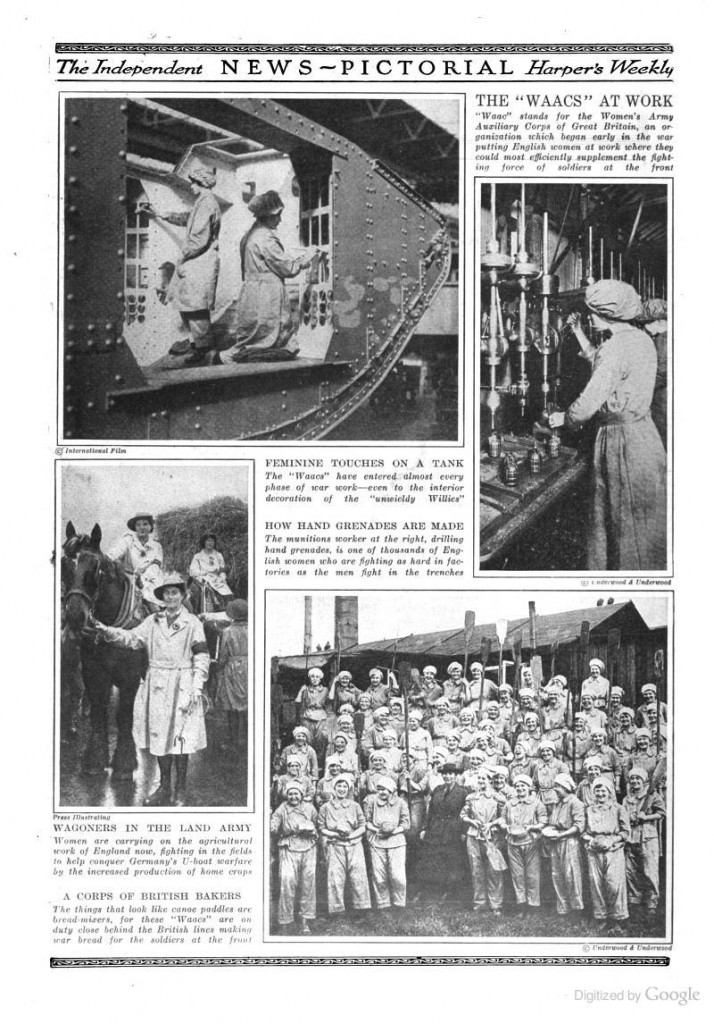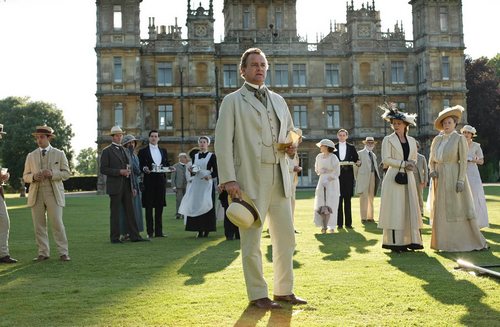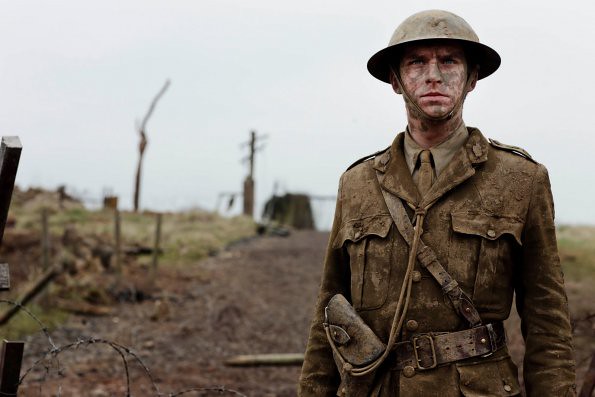
If you're new here, you may want to subscribe to my RSS feed, sign up for my newsletter, or like EP on Facebook. Love what you're reading? Has it helped your school project or book? Consider making a small donation to keep Edwardian Promenade online and a free resource in the years to come!
Thanks for visiting!Welcome back! Love what you're reading? Has it helped your school project or book? Consider making a small donation to keep Edwardian Promenade online and a free resource in the years to come!
Share this:
- Click to email a link to a friend (Opens in new window)
- Click to share on Pinterest (Opens in new window)
- Click to share on Facebook (Opens in new window)
- Click to share on Tumblr (Opens in new window)
- Click to share on Twitter (Opens in new window)
- Click to share on Reddit (Opens in new window)
- Click to print (Opens in new window)





Those WAACS were fantastic women. They had been kept out of the workforce for ever and left dependent on their husbands and fathers for everything, then thrown willy nilly into war work because the nation changed its mind. From all reports, the women handled themselves brilliantly.
The only problem seemed to be going back to domestic drudgery, once the war was over. It must have seemed as if their achievements during the war counted for nothing.
My grandmother was allowed to work during a crisis (not WW1 but the Depression) and counted it amongst her happiest days ever.